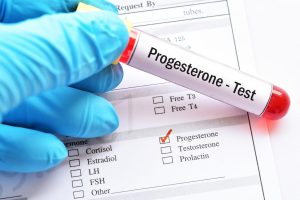How are the Rotterdam Criteria Used to Diagnose PCOS?

- The Rotterdam Criteria refer to the method of diagnosing PCOS when two of three symptoms are present.
- Conditions with similar symptoms are discounted first meaning there is often a delay in getting a PCOS diagnosis.
What is Polycystic Ovary Syndrome (PCOS)?
Polycystic Ovary Syndrome (PCOS) is one of the most common causes of infertility in women of reproductive age. It affects between 4 and 10% of women globally; however, despite this high incidence, the complexity of the condition and the lack of understanding regarding its predominant symptoms, means that the time to diagnosis can be significantly delayed. This leaves some women waiting up to two years to receive positive confirmation that they have the condition.
What are the Rotterdam Criteria?
PCOS is routinely diagnosed according to the Rotterdam criteria, which state that two out of three of the following symptoms are required for a positive diagnosis:
- Oligo/anovulation
- Polycystic ovaries
- Clinical or biochemical hyperandrogenism.
Unfortunately, it is often diagnosed by a process of elimination, whereby conditions with similar symptoms are discounted first of all. Which adds to the delay between initial identification of a problem and obtaining a positive diagnosis.










